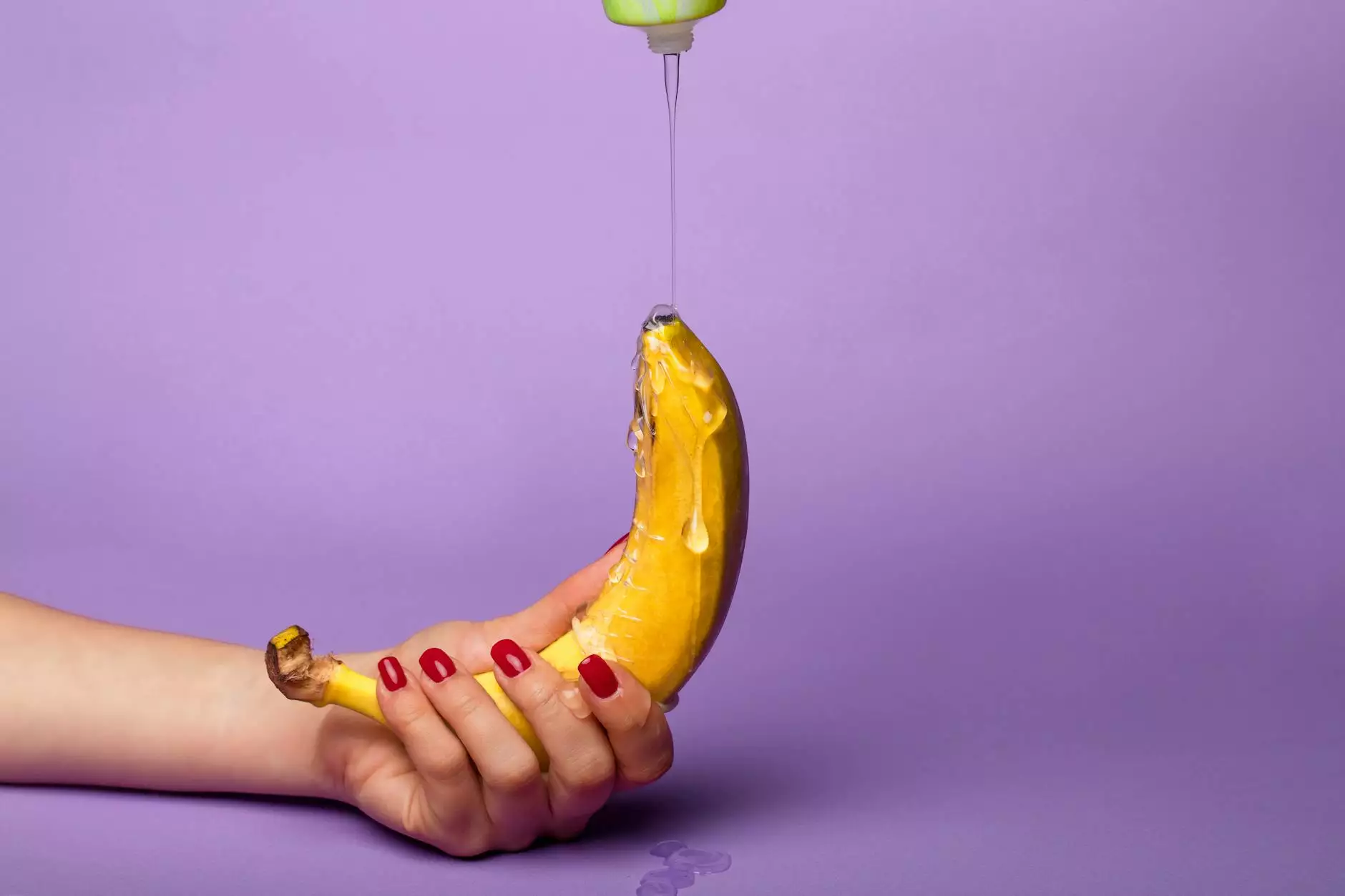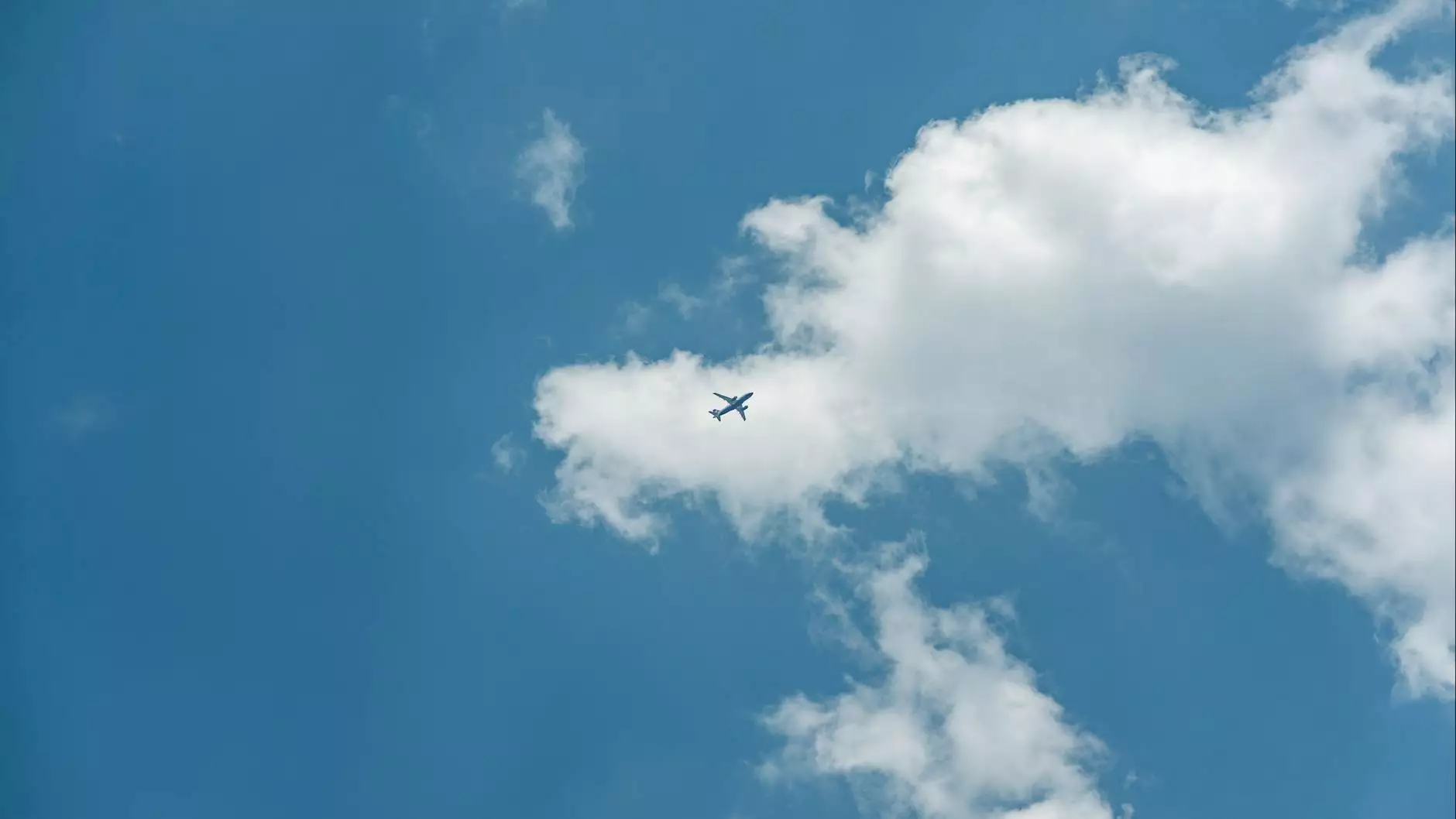International Sugar: A Comprehensive Overview of Global Trade and Opportunities

The international sugar market plays a pivotal role in the global economy, influencing food industries, trade agreements, and agricultural practices. As an indispensable commodity, sugar has evolved from a regional delicacy to a worldwide staple, impacting millions of lives worldwide. In this article, we will delve deep into the dynamics of the international sugar trade, particularly focusing on Brazil's pivotal position as a leading supplier. Our exploration includes market trends, key players, supply chains, and future opportunities in the international sugar sector.
Understanding the International Sugar Market
To appreciate the importance of the international sugar market, it is essential to understand its scale and components. The sugar trade is characterized by its complex structure involving production, distribution, and consumption across various global regions. The following points highlight key aspects of the international sugar market:
- Global Production: Sugar is derived mainly from two crops: sugarcane and sugar beet. Countries like Brazil and India are among the largest producers of sugarcane, while Europe and the United States dominate beet production.
- Consumption Patterns: International sugar consumption exhibits diverse patterns, heavily influenced by dietary trends, economic conditions, and regulatory policies. Countries such as the United States and China are among the top consumers.
- Price Fluctuations: The international sugar prices are highly volatile, largely determined by global supply and demand dynamics, climatic conditions, and governmental policies, including tariffs and subsidies.
The Role of Brazil in the International Sugar Market
Brazil stands as a giant in the international sugar industry, accounting for a substantial portion of the global output and exports. Here’s why Brazil is a powerhouse in this market:
1. Leading Producer
Brazil is not only the world's largest producer of sugarcane but also the largest exporter of sugar. The country's climatic advantages, which include abundant rainfall and vast arable land, enable high yields and production efficiency. According to recent estimates, Brazil produces around 40% of the world's sugar, showcasing its vital role in the international sugar trade.
2. Advanced Agro-Industrial Practices
The Brazilian sugar industry has adopted modern agricultural practices and technology to enhance productivity. Innovations in biotechnology, precision farming, and sustainable agricultural practices have led to increased crop resilience, ensuring a stable supply in the international sugar market.
3. Trade Agreements
Brazil has cultivated a network of trade agreements with various countries and regions, enabling it to maintain a competitive edge in the international sugar exports. Agreements with the European Union, the United States, and several Asian countries highlight Brazil's strategic position in the global market.
Key Players in the International Sugar Supply Chain
The international sugar industry consists of various stakeholders, from farmers to multinational corporations. Here are the primary players in the supply chain:
1. Farmers and Producers
At the base of the supply chain are sugarcane farmers, who form cooperatives and work in large plantations. In Brazil, many farmers have transitioned to more sustainable practices, ensuring the environmental integrity of their operations while maintaining production levels.
2. Processing Companies
Once harvested, sugarcane is processed by an array of companies specializing in sugar refining and distribution. Major players like Raízen, Cosan, and Tereos dominate the Brazilian market, influencing not just national supply but also shaping the international sugar landscape.
3. Exporters and Traders
Exporters play a crucial role in facilitating the sale of sugar on the global stage. Establishing contracts with international buyers and navigating logistical challenges, they ensure that Brazilian sugar reaches markets around the world efficiently.
4. Retailers and Consumers
Finally, retailers deliver sugar to consumers. In recent years, there has been a trend towards organic and specialty sugars, leading to an increase in niche markets that can affect the international sugar trade dynamics.
Market Trends Influencing International Sugar Trade
Understanding the current trends is vital for businesses and stakeholders involved in the international sugar market:
1. Increased Demand for Biofuels
The rise of renewable energy sources has significantly influenced sugar production, particularly with ethanol derived from sugarcane. Brazil's leadership in ethanol production has expanded its market, affecting the overall international sugar supply and prices.
2. Health Trends and Sugar Consumption
With a global shift towards healthier diets, the consumption of traditional sugar is declining in some regions. This has led to increased interest in alternative sweeteners, impacting the international sugar industry as companies explore product diversification.
3. Regulatory Changes and Policies
Governmental policies, including tariffs and health regulations, play a crucial role in shaping the international sugar trade landscape. For example, protectionist measures in many countries have influenced import restrictions, subsequently affecting Brazilian exports.
Challenges Facing the International Sugar Industry
As promising as the international sugar market may seem, it is not without its challenges. Below are some of the pressing issues:
1. Climate Change and Environmental Impact
Climate change poses a significant risk to sugar production. Extreme weather events, droughts, and flooding can severely affect yields. Brazilian sugar producers are increasingly investing in sustainable practices to mitigate these risks and contribute positively to the environment.
2. Market Volatility
The sugar market is notorious for its price volatility. Factors such as global supply fluctuations, trade disputes, and changing consumer preferences result in unpredictable pricing, posing risks for producers and exporters alike.
3. Competition from Other Sweeteners
With the rise of sugar alternatives, the international sugar industry faces increasing competition. This shift in consumer behavior requires traditional sugar producers to innovate and adapt their offerings to remain relevant.
Future Opportunities in the International Sugar Market
Despite the challenges, the international sugar market also presents numerous opportunities for growth and expansion:
1. Investment in Research and Development
Investing in R&D can lead to innovative agricultural techniques and the development of new sugar products, aligning with health trends and sustainability goals. This can help Brazilian suppliers maintain their leadership in the international sugar market.
2. Expansion into Emerging Markets
As developing countries continue to grow their middle classes, demand for sugar is expected to increase. Brazil's sugar suppliers can capitalize on this trend by expanding their operations and marketing efforts into emerging economies.
3. Focus on Sustainable Practices
As environmental concerns take center stage, sugar producers that prioritize sustainability will attract more consumers and secure a competitive edge. Emphasizing land stewardship, resource conservation, and ethical labor practices will enhance the reputation of Brazilian sugar on the global stage.
Conclusion
The international sugar market is an intricate web of producers, consumers, and regulations, with Brazil at its epicenter. As this industry evolves, stakeholders must navigate emerging trends and challenges while exploring new opportunities. By focusing on innovation, sustainability, and strategic expansion into emerging markets, Brazilian sugar suppliers can continue to dominate the international sugar landscape. The future of sugar is bright, and with it comes the promise of new business possibilities and growth in the global economy.









